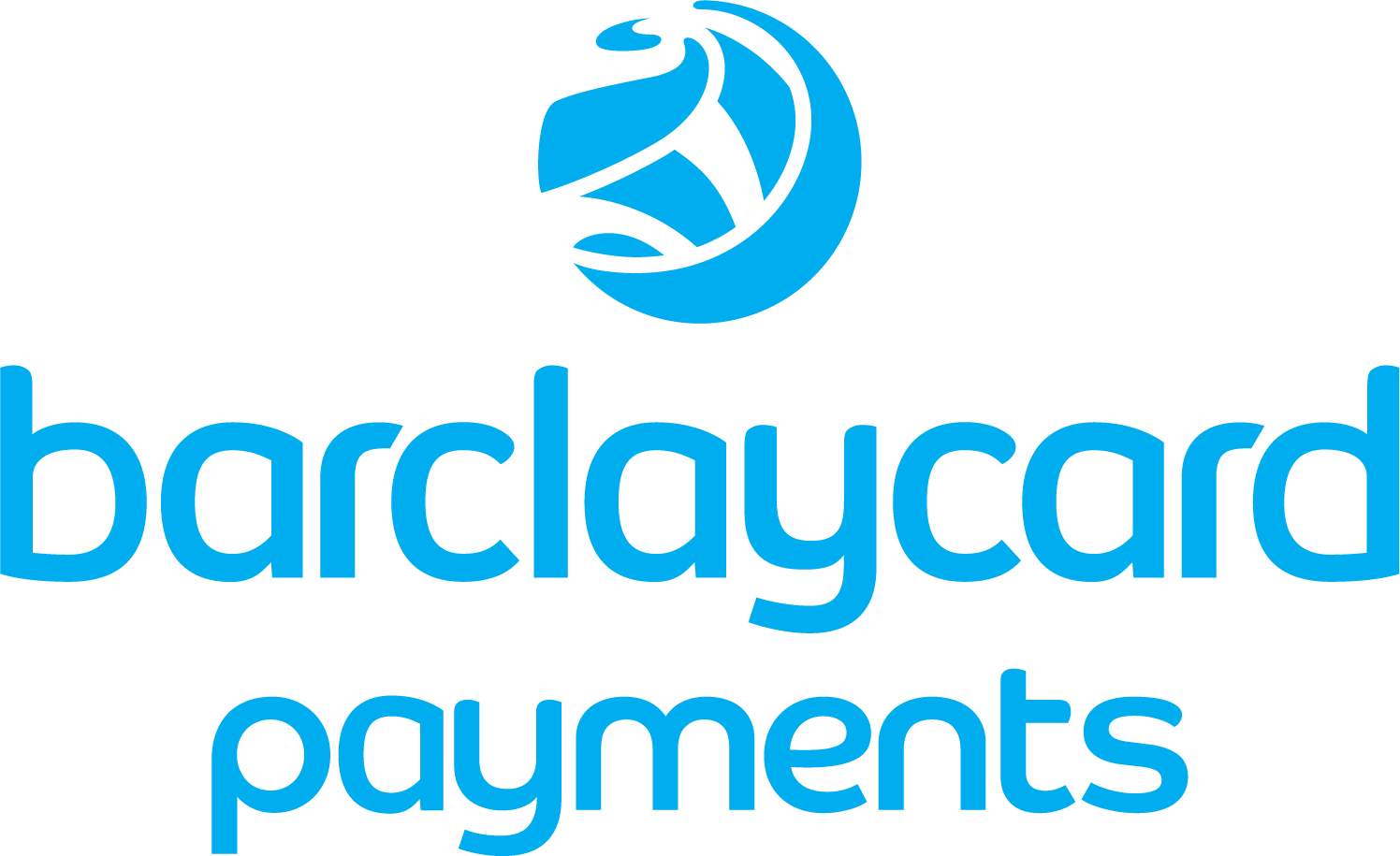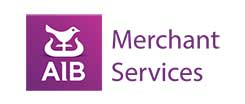- Accept card payments – lowest rates from 0.27%
- Keep your card processing fees to a minimum
- Direct access to the UK’s leading card processing banks
- We ensure your rates always remain competitive
No spam emails or calls
Choose from the payment methods then click Next
What's your turnover each month?
Enter the name of your company
Enter your company's postcode and contact number






Understanding the Credit Card Process: A Comprehensive Overview
In today’s fast-paced digital economy, the ability to accept credit card payments is essential for businesses of all sizes. Whether you run an e-commerce website, a brick-and-mortar store, or a hybrid business, understanding the credit card process is crucial to ensuring smooth transactions, customer satisfaction, and financial success. This guide provides a comprehensive overview of how credit card processing works, the key players involved, and the fees associated with credit card transactions.
What is the Credit Card Process?
The credit card process refers to the series of steps that occur when a customer makes a purchase using a credit or debit card. This process involves multiple parties, including the cardholder, the merchant, the payment processor, the card network, and the financial institutions that facilitate the transaction. The goal is to securely transfer funds from the cardholder’s account to the business’s account while ensuring that the transaction is authorized and free from fraudulent transactions.
Key Players in the Credit Card Process
1. Cardholder
The cardholder is the individual who owns the credit card and initiates the transaction. They provide their payment credentials (card number, expiration date, and CVV) to make a purchase.
2. Merchant
The merchant is the business that sells goods or services and accepts credit cards as a form of payment. To process transactions, the merchant must have a merchant account and a payment gateway or point of sale (POS) system.
3. Payment Processor
The credit card processor is a company that handles the technical aspects of the transaction. They ensure that the transaction data is securely transmitted between the merchant, the card network, and the issuing bank.
4. Card Network
Card networks like Visa, Mastercard, and American Express act as intermediaries between the acquiring banks (merchant’s bank) and the issuing bank (cardholder’s bank). They set the rules for transactions and facilitate the transfer of funds.
5. Acquiring Bank
The merchant bank or acquiring bank is the financial institution that holds the merchant account and deposits funds from credit card payments into the business’s bank account.
6. Issuing Bank
The issuing bank is the financial institution that issued the credit card to the cardholder. They are responsible for verifying the cardholder’s details, checking for sufficient funds, and approving or declining the transaction.
How Credit Card Processing Works
The credit card processing system involves several steps, all of which typically occur in a few seconds. Here’s a breakdown of the process:
Step 1: Authorization
When a customer swipes, inserts, or enters their card payment details online, the transaction information is sent to the payment gateway. The gateway forwards this data to the payment processor, which routes it to the appropriate card network. The issuing bank then verifies the cardholder’s account, checks for sufficient funds, and performs a credit check to ensure the transaction is legitimate. If approved, the bank sends an authorization code back through the chain.
Step 2: Authentication
To prevent fraudulent transactions, many systems require additional authentication, such as a PIN for debit card transactions or 3D Secure for credit card online payments. This step ensures that the person making the purchase is the legitimate cardholder.
Step 3: Batching
At the end of the business day, the merchant batches all authorized transactions and sends them to the acquiring bank for settlement.
Step 4: Settlement
The acquiring bank forwards the transaction details to the card network, which coordinates with the issuing bank to transfer funds. The funds are then deposited into the business’s account, minus any credit card processing fees.
Step 5: Funding
Once the issuing bank transfers the funds, the acquiring bank deposits the remaining amount into the merchant’s bank account, typically within 1-2 business days.
Credit Card Processing Fees
Understanding credit card processing fees is essential for businesses, as these costs can impact profitability. Fees vary depending on the type of card, the payment provider, and the nature of the transaction (e.g., in-person transactions vs. credit card online payments). Here are the main types of fees:
1. Interchange Fees
These are fees paid by the acquiring bank to the issuing bank for each transaction. They are set by the card network and typically range from 1% to 3% of the transaction amount.
2. Assessment Fees
These are fees charged by the card network for using their infrastructure. They are usually a small percentage of the transaction.
3. Payment Processor Fees
The credit card processor charges fees for their services, which may include a flat fee per transaction or a percentage of the transaction amount.
4. Additional Fees
Some payment providers charge additional fees for value-added services like reliable customer support, virtual terminal access, or enhanced customer experience features.
Types of Credit Card Transactions
1. In-Person Transactions
These occur when a customer makes a purchase at a physical store using a point of sale (POS) system. The customer may swipe, insert, or tap their card to complete the transaction.
2. Online Transactions
For e-commerce websites, customers enter their payment credentials on a secure payment page. The payment gateway encrypts the data and sends it to the payment processor for authorization.
3. Card-Not-Present Transactions
These include phone orders or mail-order payments where the cardholder provides their cardholder’s details without physically presenting the card.
Benefits of Accepting Credit Cards
1. Increased Sales
By accepting credit cards, businesses can cater to a wider audience and encourage impulse purchases.
2. Enhanced Customer Experience
Offering multiple payment options improves customer satisfaction and loyalty.
3. Faster Payments
Electronic payments are processed quickly, ensuring that businesses receive funds within 1-2 business days.
4. Security
Modern credit card processing systems use advanced encryption and fraud detection tools to protect transaction data.
5. Value-Added Services
Many payment providers offer additional features like balance transfers, virtual terminals, and reliable customer support to help businesses streamline operations.
Challenges of Credit Card Processing
1. Transaction Fees
The cost of credit card processing fees can add up, especially for small businesses with thin profit margins.
2. Fraud Risk
While credit card processing systems are secure, businesses must remain vigilant against fraudulent transactions.
3. Chargebacks
Disputed transactions can result in chargebacks, where funds are deducted from the business’s account and returned to the customer’s account.
4. Technical Issues
Downtime or glitches in the payment gateway or credit card processing system can disrupt sales and harm customer satisfaction.
Choosing the Right Payment Provider
When selecting a payment processor, businesses should consider the following factors:
1. Fees
Compare credit card processing fees and look for providers that offer transparent pricing.
2. Security
Ensure the provider uses robust encryption and fraud prevention tools.
3. Integration
Choose a provider that integrates seamlessly with your e-commerce website or point of sale system.
4. Customer Support
Opt for a provider that offers reliable customer support to resolve issues quickly.
5. Additional Features
Look for providers that offer value-added services like virtual terminals, balance transfers, and enhanced customer experience tools.
The Future of Credit Card Processing
As technology evolves, the credit card process is becoming faster, more secure, and more convenient. Innovations like contactless payments, mobile wallets, and AI-driven fraud detection are transforming the way businesses process credit card transactions. In the UK, the adoption of UK Cards and other local payment solutions is also shaping the future of electronic payments.
Understanding the credit card process is essential for businesses that want to accept credit card payments and thrive in today’s competitive market. By partnering with the right payment provider, optimizing transaction fees, and leveraging value-added services, businesses can enhance their customer experience and drive growth. Whether you’re processing in-person transactions or credit card online payments, a robust credit card processing system is the key to success.
By staying informed about the latest trends and technologies, businesses can ensure they remain competitive and continue to enable businesses to grow while providing a seamless customer experience.